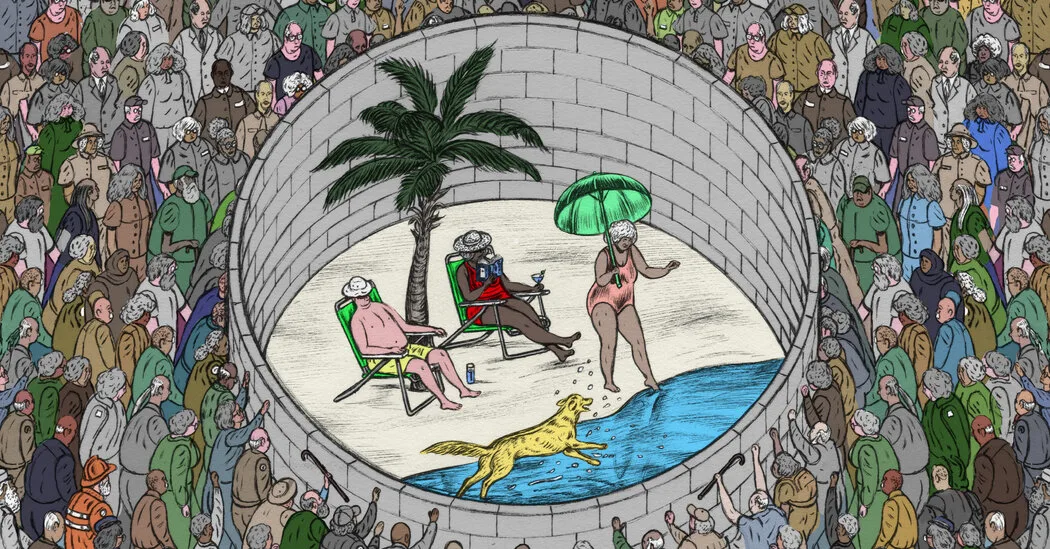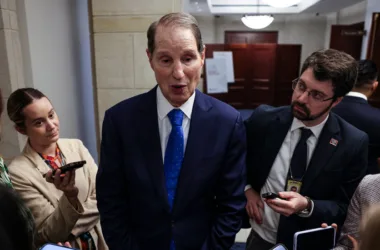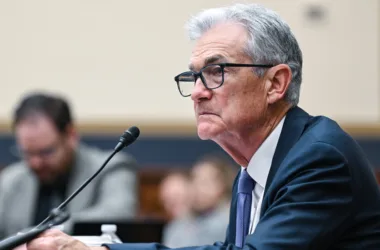This previous January, one other bipartisan collaboration — between Alicia Munnell, who was an economist within the Clinton administration and who now serves because the director of Boston School’s Middle for Retirement Analysis, and Andrew Biggs, a senior fellow on the American Enterprise Institute, a conservative suppose tank — printed a paper calling for a discount or an finish to the 401(okay) tax profit.
Their analysis confirmed that it had not led to extra participation in this system nor had it considerably elevated the quantity that People within the mixture had been saving for retirement. It was largely only a giveaway to upper-income traders and a expensive one at that. They estimated that it disadvantaged the Treasury of virtually $200 billion in income yearly. They proposed lowering and even ending the tax-deferred standing of 401(okay)s and utilizing the added income to shore up Social Safety.
Once I spoke to Biggs, he emphasised that he was not in opposition to 401(okay)s. On stability, he thinks that they’ve labored effectively, and he additionally says that a few of the criticism geared toward them is not legitimate. As an illustration, the do-it-yourself facet is overstated: Most plans, as an illustration, now provide target-date funds, which mechanically modify your asset allocation relying in your age and objectives, liberating you from having to constantly readjust your portfolio your self. He acknowledges that rescinding the tax preferences could possibly be tough politically: The individuals who have mainly benefited from them are additionally the individuals who write checks to campaigns. However he’s assured that People can finally be persuaded to surrender the tax benefits. “If we are saying to folks, ‘Look, we are able to slash your Social Safety advantages or improve your Social Safety taxes, or we are able to cut back this ineffective subsidy that goes to wealthy individuals who don’t want the cash’ — effectively, that’s somewhat extra compelling.”
Hassett advised me that his work with Ghilarducci doesn’t characterize any softening of his religion within the free market. Fairly the alternative: He sees authorities intervention to spice up retirement financial savings as a vital step to preserving American capitalism. Hassett has been involved for a while that the nation is drifting towards socialism — the topic of his most up-to-date e-book — and a part of the reason being that too many People are economically marginalized and have come to really feel that the system doesn’t work to their profit.
“They really feel disconnected, and they’re disconnected,” Hassett says. Having the federal government assist them save for retirement can be prudent. “It could give them extra of a stake within the success of the free-enterprise system,” he says. “I feel it’s necessary for long-run political stability that everyone will get a stake.”
Jen Forbus is just not economically marginalized, however many in her neighborhood battle. Lorain, a metropolis of about 65,000 on the shore of Lake Erie, has by no means recovered from the lack of a Ford meeting plant and two metal vegetation. Round 28 % of Lorain’s residents now reside in poverty. By the grim requirements of her space, Forbus is doing effectively. “I’m positively privileged,” she says. Even so, she is aware of that regardless of her diligent saving and cautious budgeting, there’s a good likelihood that she won’t be able to retire at 65. She dreads the prospect of getting to stay within the labor market as an aged individual. “One thing like waitressing — previous a sure age, that’s actually troublesome,” she says. And she or he admits that she finds it jarring that even for somebody like her, retirement could also be an unachievable goal. “I do really feel our system fails too many individuals,” she says.









